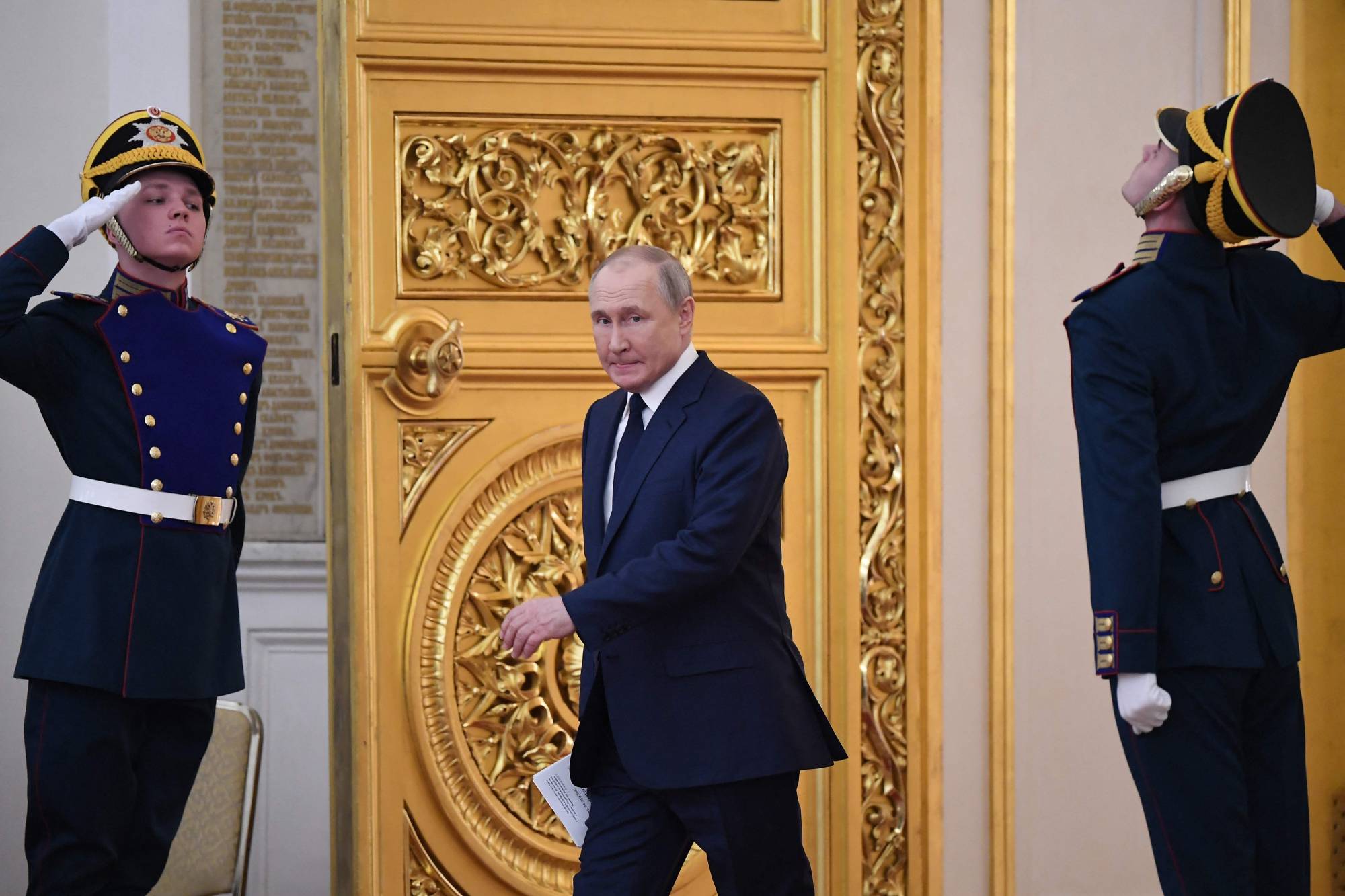Already a subscriber? Make sure to log into your account before viewing this content. You can access your account by hitting the “login” button on the top right corner. Still unable to see the content after signing in? Make sure your card on file is up-to-date.
Russia has added key Baltic state officials, including Estonian Prime Minister Kaja Kallas, to its wanted list.
The move, as announced by Russian foreign ministry spokeswoman Maria Zakharova, coincides with an Estonian intelligence report predicting a potential war with the West within the next decade. Kallas, along with Estonian State Secretary Taimar Peterkop and Lithuanian Culture Minister Simonas Kairys, has been targeted for their roles in the removal of Soviet soldier monuments, a contentious issue that has strained relations with Moscow since the Baltic states gained independence in 1991.

The Kremlin, through spokesperson Dmitry Peskov, has explicitly accused Kallas of engaging in hostile actions against Russia, highlighting her vocal support for Ukraine alongside her Baltic counterparts. In response, Kairys stated, “The regime is doing what it has always done: it is trying to stifle freedom … and to continue to create its own version that is at odds with facts or logic.”

This comes days after Estonia’s intelligence chief Kaupo Rosin outlined a claimed that Russia is preparing for a possible conflict with NATO, citing the planned doubling of Russian troops along the Baltic and Finnish borders. However, Rosin also noted that a direct military assault on the West seems “highly unlikely” in the short term, given Russia’s current military engagement in Ukraine.
Amidst these developments, the Baltic States have bolstered their defense spending. Germany also plans to significantly increase its military presence in the region by 2027, marking a significant shift in European security dynamics since World War II.






